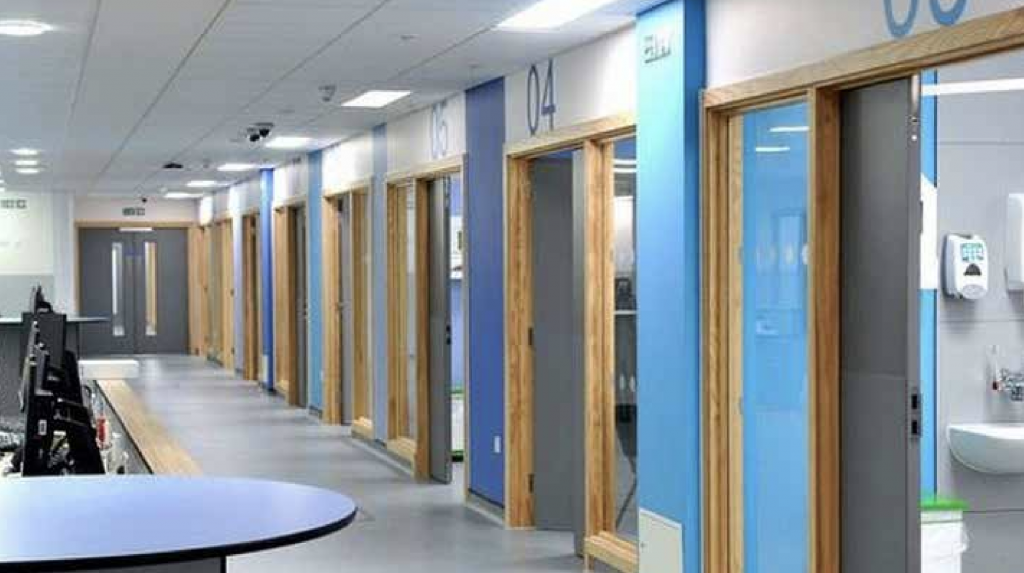Twenty Clinical Commissioning Groups covering over 5 million people are to be merged into just three as a result of the latest rubber-stamping of merger plans by NHS England.
South West London, South East London and Kent will each have just a single commissioning body from next April, with little likelihood that local concerns within these large areas will make any impact on plans being pushed through from above.
It’s also rumoured as we go to press that the merger plans in North Central London have been nodded through, leaving only North West and North East London delaying their plans till 2021.
While many CCGs themselves, created as they were by the 2012 Health and Social Care Act to implement the process of carving up and contracting out an increasing number of clinical services, have been far from perfect, the loss of any local statutory body, and the concentration of power at a more remote level is still a significant loss of local accountability.
In Kent there are a number of hurdles to be surmounted before the merger, including delivery of the financial recovery plan this year, clear plans for how the financial position of Kent and Medway will continue to improve – and a decision in December on whether to determine whether the four east Kent CCGs can be released from legal financial directions.
Nonetheless the HSJ quotes a statement from Kent CCG managing directors making extraordinary claims for the benefits of merging organisaions which few patients or members of the public will have heard of:
“We strongly believe that having a single CCG will improve the quality of life and quality of care for our patients, and will help people to live their best life.
“It will save time, money and effort, freeing up GP time to see patients.”
No evidence has been offered to show how life will be improved, or indeed significant GP time “freed up” by the merger.
Nor is there any explanation of why it was necessary to carry through this long-term change without bothering to consult the public covered by the merging CCGs, despite NHS regulations requiring them to do so.
Interestingly, just after Matt Hancock rubber-stamped plans for the downgrade of Telford’s Princess Royal Hospital and the centralisation of Shropshire’s emergency services in Shrewsbury, NHS England rejected proposals to merge Shropshire CCG and Telford and Wrekin CCG.
Local GPs in the north west and in Staffordshire have also stood up for themselves – and rejected CCG merger plans.
Dear Reader,
If you like our content please support our campaigning journalism to protect health care for all.
Our goal is to inform people, hold our politicians to account and help to build change through evidence based ideas.
Everyone should have access to comprehensive healthcare, but our NHS needs support. You can help us to continue to counter bad policy, battle neglect of the NHS and correct dangerous mis-infomation.
Supporters of the NHS are crucial in sustaining our health service and with your help we will be able to engage more people in securing its future.
Please donate to help support our campaigning NHS research and journalism.


